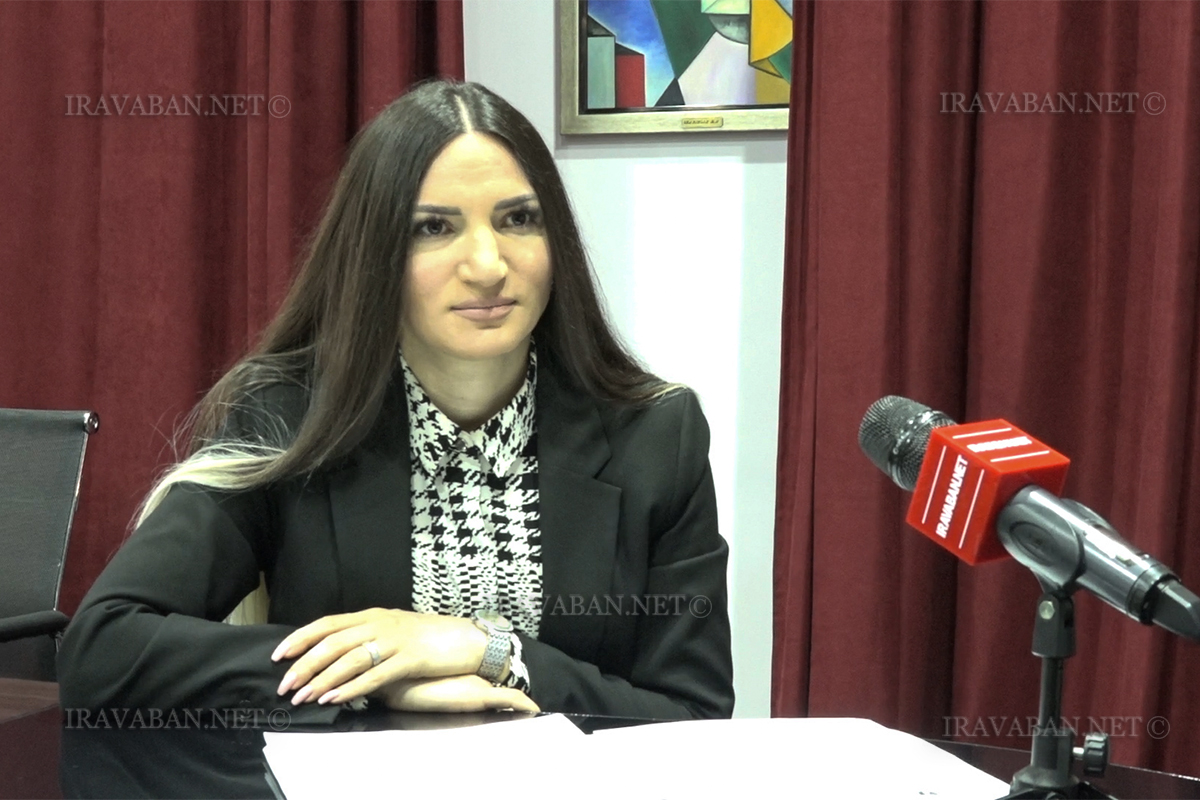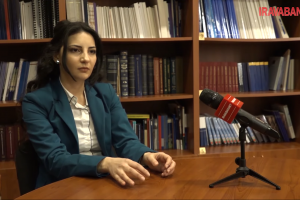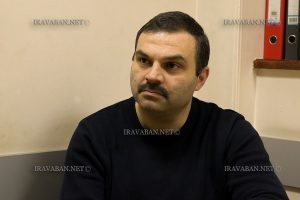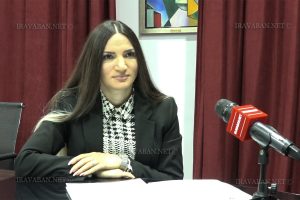“It is amazing that those who thwarted the idea of vetting among judges are still talking about the need of vetting the advocacy institute,” Advocate Armine Fanyan, Deputy Head of the Public Defender’s Office, told Iravaban.net, referring to the speech of the Acting Chairman of the Supreme Judicial Council Gagik Jhangiryan a few days ago, where the latter expressed an opinion on vetting of advocates.
“I can say that the process of cleaning and purification should also refer to the advocates’ service, because, unfortunately, it is accepted in our country, for the most part, I do not want to offend anyone, but there are advocates who communicate with law enforcement agencies and courts in various cases very easily get recognition. In other words, this vetting must include the entire judicial system and all the bodies that serve and support it,” Jhangiryan had said in his speech.
Ms Fanyan noted that independent advocacy is one of the institutions of the civil society, which is the most important guarantee for the protection of human rights. And it is not accidental that as a result of the constitutional reforms, the activity of advocacy based on independence, self-government and equality of lawyers was raised to the level of constitutional guarantee.
“The statements by state officials that have no legal basis in connection with independent advocacy activities that do not belong to any part of the state apparatus are amazing at least. It is amazing that those who thwarted the idea of vetting among judges are still talking about the need of vetting the advocacy institute,” she said.
She mentioned that if Mr. Jhangiryan connects the need for vetting with the easy communication of some advocates with the officials, then it should be noted that it may contain features of a crime and it is not vetting that should be a tool to fight crime.
“I think that the ideologues of such a process do not have a clear idea about the guarantees of advocacy and the role of that institution in civil society. On the one hand, the state guarantees independent advocacy activity, on the other hand, counterbalances are invented to curb that independence,” she said.
According to the lawyer, Gagik Jhangiryan’s statement is the best proof that the advocacy institute is established, and in addition is faithful to the human rights nature of its activities. According to her, some officials probably do not like it.
“I am convinced that the vetting of advocates is a direct intervention in the advocacy activity. As a reminder, according to Article 21, Part 2 of the RA Law on Advocacy, the “Intervention by state or local self-government bodies, officials thereof, political parties, individuals and legal entities (including the mass media) in advocacy activities shall be prohibited,” Fanyan said.
She also mentioned that the existence of such guarantees does not mean at all that the advocate is not constrained in any way in carrying out his/her activity. The boundaries of a conduct of the advocate are clearly defined in the “RA Law on Advocacy” and the Code of Conduct of Advocate, and exceeding the specified boundaries may result in disciplinary action, up to the termination of the license. “And here a legitimate question, “what or whom will the so-called vetting of advocates serve?” arises,” she said.
Armine Fanyan says that the advocacy community has repeatedly proved that it quickly consolidates and self-organizes in institutional matters.
“We have faced many such threats, therefore, if the government decides to apply such interference in the advocacy activities, then I think, by drawing the attention of our international partners to the problem, we will turn to the appropriate tools,” the advocate said.
Referring to the fact that Gagik Jhangiryan justifed his opinion, saying that ‘today many advocates are gaining recognition, as they are very easy to communicate with law enforcement agencies and courts in various cases’, Ms Fanyan said.
“I cannot deny or confirm such an assertion. However, at least I do consider it unreasonable for a person holding such a position to give such qualifications to advocates without facts, especially taking into account that the person making the statement also has legal education and clearly understands the price asserting facts without evidence. It is at least a fruitless process. “
Fanyan thinks that the existing regulations, the rules of conduct that predetermine the scope of the advocate’s ethics, the powers of the Board of the Chamber are fully sufficient to carry out legal activities in line with the title of an advocate. And if there are features of a crime in the act of any person or persons, then the law enforcement should deal with that issue. Vetting cannot be applied to advocacy activity.
Speaking about the claims of some experts that if vetting is the basis for the reform of the advocacy institute, then that reform can be carried out by dividing one chamber into unions, Armine Fanyan said that the idea of creating separate advocates’ associations exists only in countries with a large population and the operation of a centralized single chamber cannot guarantee advocacy activity.
“The advocacy community in our country has decided to unite the existing unions and create a single Chamber with its executive body. I think the decision made years ago proved its effectiveness over time, as we are witnessing the development of the advocacy institute from year to year,” Armine Fanyan, Deputy Head of the Public Defender’s Office concluded.
Lusine Hakobyan


















